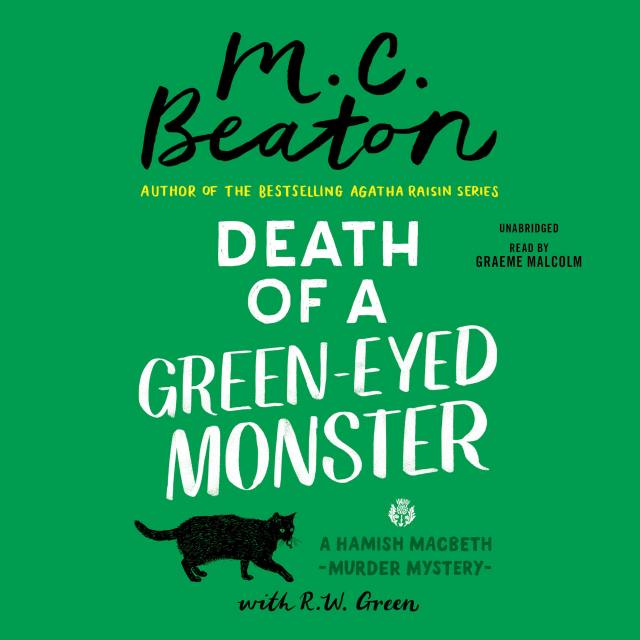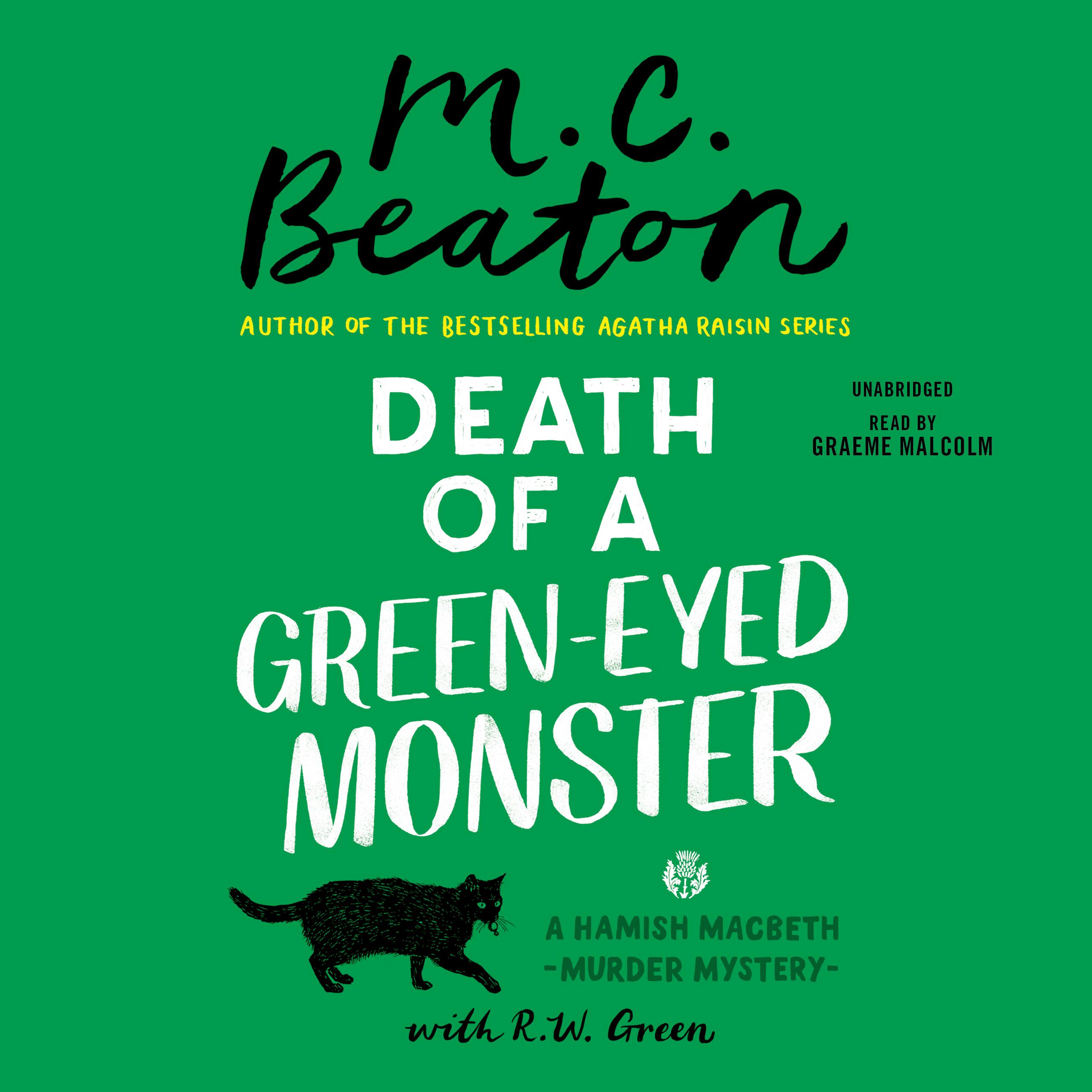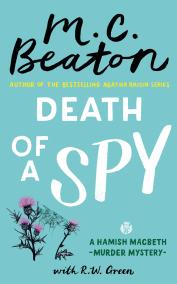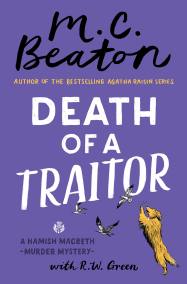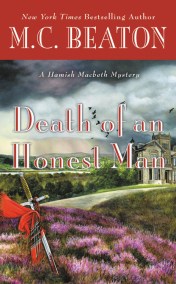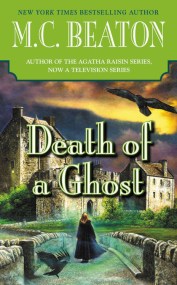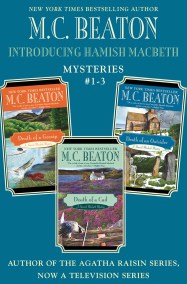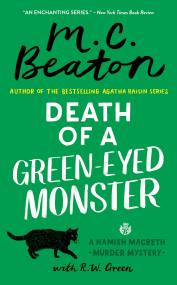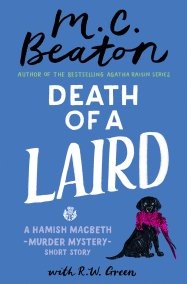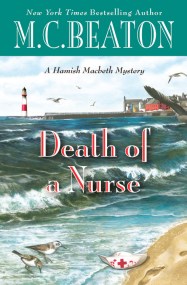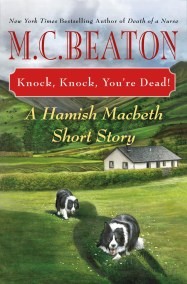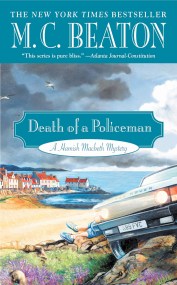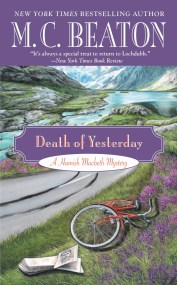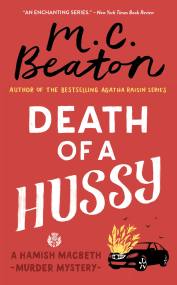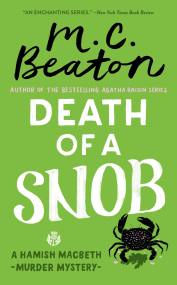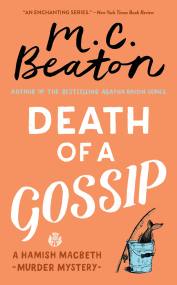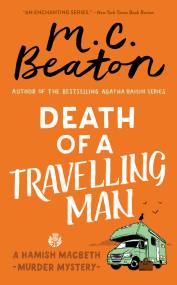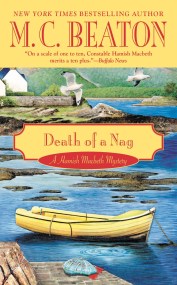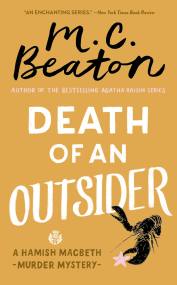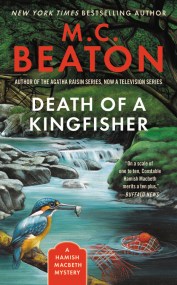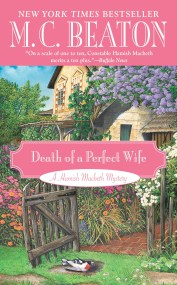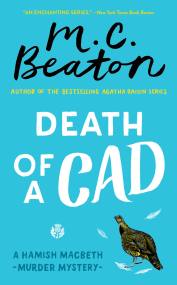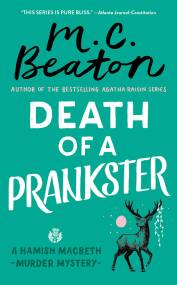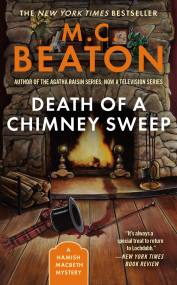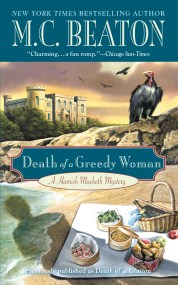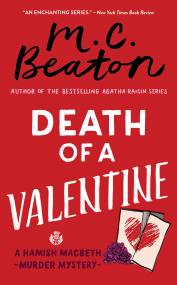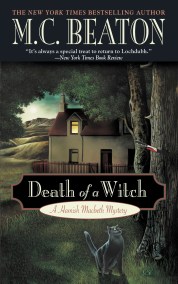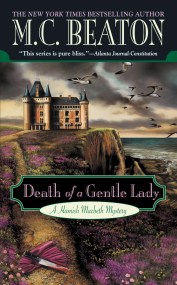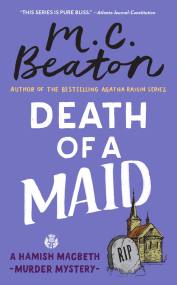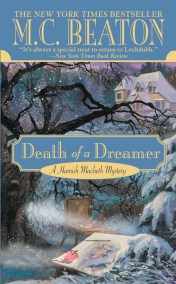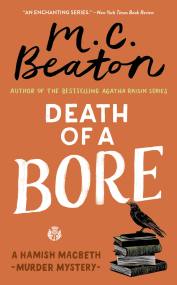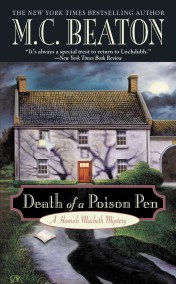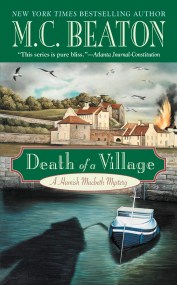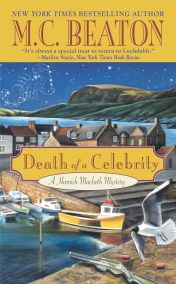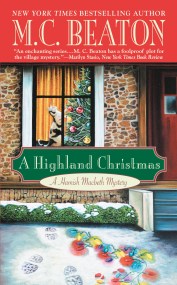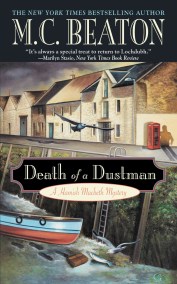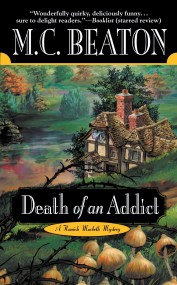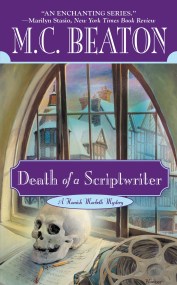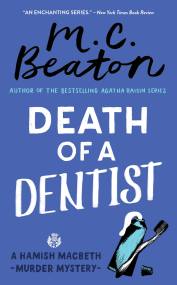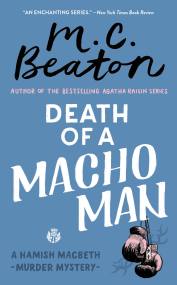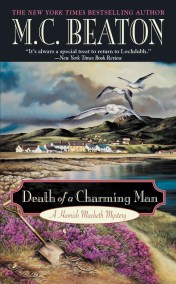Promotion
Use MOM24 for 20% off site wide + free shipping over $45
Death of a Green-Eyed Monster
Contributors
By M. C. Beaton
With R.W. Green
Read by Graeme Malcolm
Formats and Prices
Price
$35.00Price
$44.00 CADFormat
Format:
- Audiobook CD (Unabridged) $35.00 $44.00 CAD
- ebook $8.99 $11.99 CAD
- Hardcover (Large Print) $38.00 $48.00 CAD
- Audiobook Download (Unabridged) $24.99
- Mass Market $8.99 $12.99 CAD
This item is a preorder. Your payment method will be charged immediately, and the product is expected to ship on or around February 22, 2022. This date is subject to change due to shipping delays beyond our control.
Also available from:
Hamish's new constable, Dorothy McIver, may be the most beautiful woman he's ever seen. Completely bewitched by her sparkling blue eyes, Hamish spends the summer traveling with her up and down Sutherland until finally, he can take it no longer. He gets down on one knee beside the Land Rover and begs her to marry him—and to his amazement and delight, she says yes.
But just as the town of Lochdubh gets ready to celebrate, Hamish finds himself with a new murder on his hands. If he doesn't find the killer fast, Hamish's dream wedding could become a nightmare.
Genre:
-
"Longing for escape? Tired of waiting for Brigadoon to materialize? Time for a trip to Lochdubh, the scenic, if somnolent, village in the Scottish Highlands where M. C. Beaton sets her beguiling whodunits featuring Constable Hamish Macbeth."New York Times Book Review
-
"Hamish Macbeth is that most unusual character, one to whom the reader returns because of his charming flaws. May he never get promoted."New York Journal of Books
-
"With residents and a constable so authentic, it won't be long before tourists will be seeking Lochdubh and believing in the reality of Hamish Macbeth as surely as they believed in Sherlock Holmes."Denver Rocky Mountain News
-
"Macbeth is the sort of character who slyly grows on you."Chicago Sun-Times
-
"Satisfying for both established and new Macbeth fans."Booklist on Death of an Honest Man
- On Sale
- Feb 22, 2022
- Publisher
- Hachette Audio
- ISBN-13
- 9781549116117
By clicking 'Sign Up,' I acknowledge that I have read and agree to Hachette Book Group’s Privacy Policy and Terms of Use
